
DOCUMENTS WINNER, 2018 A. POULIN, JR. POETRY PRIZE
SELECTED BY D. A. POWELL
DOCUMENTS JAN-HENRY GRAY
FOREWORD BY D. A.
POWELLA. POULIN, JR. NEW POETS OF AMERICA SERIES, NO. 42BOA EDITIONS, LTD.  ROCHESTER, NY
ROCHESTER, NY  2019 Copyright 2019 by Jan-Henry Gray Foreword copyright 2019 by D. A.
2019 Copyright 2019 by Jan-Henry Gray Foreword copyright 2019 by D. A.
Powell All rights reserved Manufactured in the United States of America First Edition 19 20 21 22 7 6 5 4 3 2 1 For information about permission to reuse any material from this book, please contact The Permissions Company at . Publications by BOA Editions, Ltd.a not-for-profit corporation under section 501 (c) (3) of the United States Internal Revenue Codeare made possible with funds from a variety of sources, including public funds from the Literature Program of the National Endowment for the Arts; the New York State Council on the Arts, a state agency; and the County of Monroe, NY. Private funding sources include the Max and Marian Farash Charitable Foundation; the Mary S. Mulligan Charitable Trust; the Rochester Area Community Foundation; the Ames-Amzalak Memorial Trust in memory of Henry Ames, Semon Amzalak, and Dan Amzalak; and contributions from many individuals nationwide. See Colophon on for special individual acknowledgments.
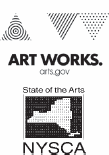
Cover Design: Sandy Knight Cover Art: Magic Eye by Jonathan Molina-Garcia Interior Design and Composition: Richard Foerster BOA Logo: Mirko Library of Congress Cataloging-in-Publication Data Names: Gray, Jan-Henry, author.
Title: Documents / Jan-Henry Gray ; Forward By D. A. Powell. Description: First edition. | Rochester, NY : BOA Editions, Ltd., [2019] | Series: A. Poulin, Jr.
New Poets of America Series ; No. 42 | Includes bibliographical references. Identifiers: LCCN 2018050082 (print) | LCCN 2018051623 (ebook) | ISBN 9781942683759 (ebook) | ISBN 9781942683742 (pbk. : alk. paper) Classification: LCC PS3607.R3945 (ebook) | LCC PS3607.R3945 A6 2019 (print) | DDC 811/.6dc23 LC record available at https://lccn.loc.gov/2018050082 BOA Editions, Ltd. 250 North Goodman Street, Suite 306 Rochester, NY 14607 www.boaeditions.org A.
Poulin, Jr., Founder (19381996) CONTENTS
FOREWORD: Documents Unsealed
to make an art from documents
that twin a life to mine. Jan-Henry Gray
Open me a refuge where I may be renewed. Muriel Rukeyser When he was still a minor, Jan-Henry Gray learned from his parents that he lacked legal status in the country he had known as home since he was six. Born in Quezon City, Philippines, Gray had immigrated with his parents to the United States. And though they worked hard to provide for their family, they had been underequipped to jump through and over all the legal hoops and hurdles of immigration. For years, Jan-Henry dealt with attorneys and officials to get his official work authorization and an eventual green card, working in restaurants and putting himself through school.
Though he was ineligible for federal financial aid, Gray did managethanks to the DREAM Actto apply for and receive awards and scholarships for his studies, completing an AA degree at City College of San Francisco, a BA at San Francisco State University, and an MFA at Columbia College Chicago. In addition to cooking in award-winning restaurants, Jan-Henry worked at Project Open Hand, a nonprofit organization feeding homebound people such as the elderly and those living with HIV/AIDS. He also studied cinema and experimented with documentary and dramatic forms in his own short films. Rarely would I chose to begin a discussion of someones poetry by delving into their biography. But as concerns this particular collection, these biographical facts are the supporting architectural elements upon which the house is built. The collection is both a documentary and a documentation organized around facts and necessities, forgeries and truths.
Court cases and legislative battlesand their ensuing ripples across the social fabricpull at the substance of this books art. What is the difference between disclosure and admission? Between hiding and omitting? These distinctions matter fundamentally in relation to identity, a commodity that can be stolen, erased or threatened with sanctions both legal and social. In the long, troubled history of democratic governments and institutions, the rights and privileges of citizenship have been withheld many times and from many groups. If this is a free country, why does it cost so much? And why is it that some people pay more than otherswith their labor and with their livesand still get the short pile. It is not the duty of poetry to affirm inequality; indeed, art, if it is to be of any use, must constantly challenge the assumptions of the society in which it is made. For, unlike other products, art does not need capitalism in order to be valued.
Its merit is its ability to get at truths that monetary systems ignore and obfuscate in order to maintain dynamics of power. The structure of such systems, when they favor disproportionate distribution of wealth, must be undermined by those most affected. Writes Gray, early, / I learn how to lie on forms. Forms are broken, modified, reimagined, and interrogated, as if they themselves are under investigation for possible illegalities. Bring an interpreter, an official Notice of Action demands. Whats his fathers name and whats his fathers name.
One of the deep ironies of economic disparity is that those who are least advantaged often must take menial jobs caring for those who are most advantaged. It is a kind of sickness that keeps one side of the social scale from destroying the other, bound together as they are by mutual need. And so the poor and disenfranchised become the caretakers, nannies, nurses, waiters, delivery drivers, parking attendants. In a series of poems spread throughout the book, Gray speaks about the lives of maids. Each note describes One Thing Done Well during that pay cycle. The envelope may also include an image of you documenting that moment; images culled from the surveillance footage.
In other poems, immigrants are literally inscribed by their own diasporas (I met a Caribbean girl named after an African country at the bakery) or given separate entrances to separate lives: THE FAMILY moves into THE GARAGE. THE FAMILY lives there for THE YEAR. THE GARAGE is underneath THE HOUSE. Running contiguously to the narrative of seeking legal status as an immigrant is the quest for legal status within a same-sex relationship in the years leading up to and immediately following the court decisions on marriage equality. Two boys, rings on their fingers, buying flowers in a strange town. Applying for recognition as his husbands spouse, the narrator is asked how much does he make and informed we may videotape you.
Next page
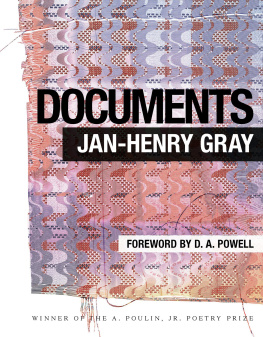

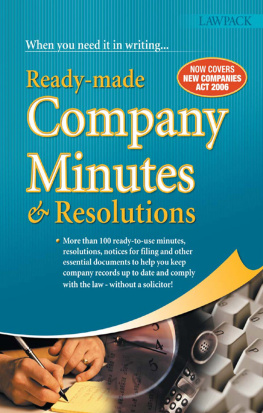
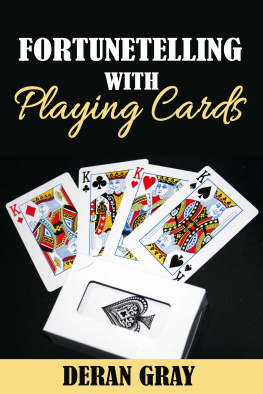
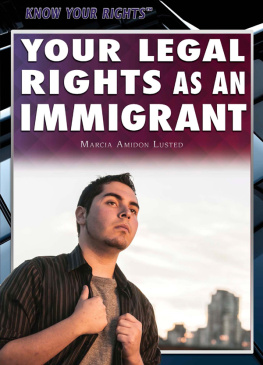
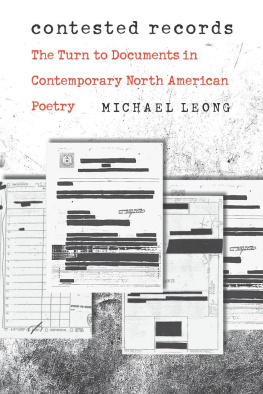
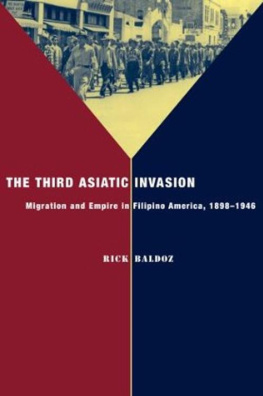
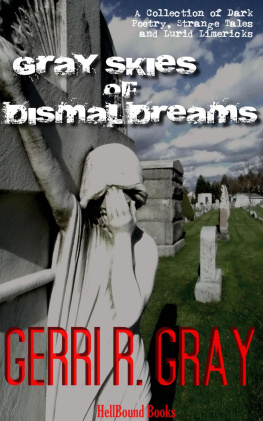
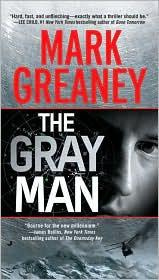

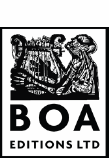
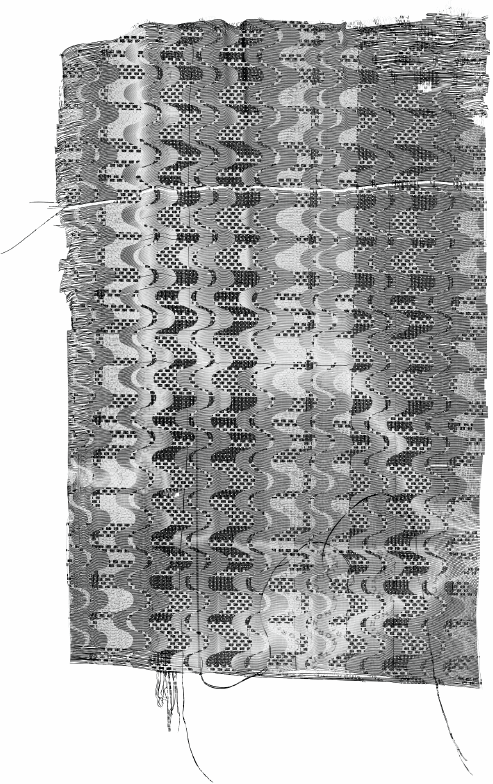
 ROCHESTER, NY
ROCHESTER, NY 
